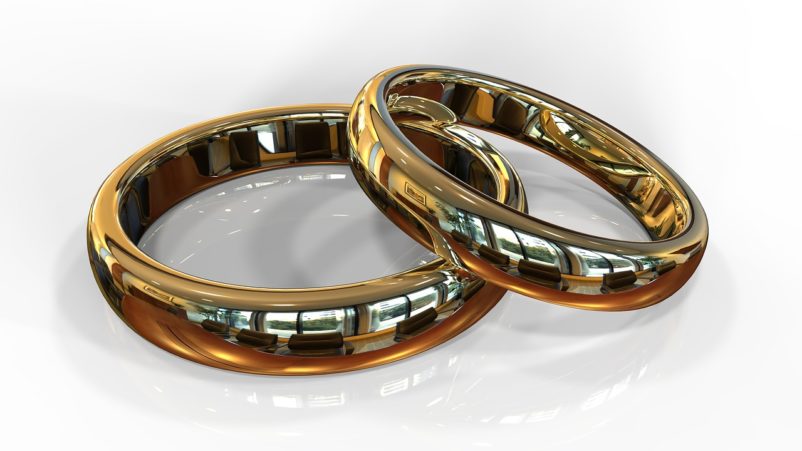This is a sort of man bites dog story that reverses the usual expectations, but according to a big new American survey, people in their 20s are having sex less often than people in their 30s, or even in their 50s. But your 20s are supposed to be the time of maximum libido, so what is going on? A very likely part of the answer is that far fewer young people are married now compared with only a few decades ago.
The new findings come from the US General Social Survey (GSS). It asks Americans if they have had sex in the last year. Whereas only 7pc of those in their 30s said they had not, and 13pc of those in their 50s, the figure for respondents aged 18-29 was 23pc. That is to say, almost a quarter of those in their late teens or twenties have not had sex for over a year.
Thirty years ago, the corresponding figure were 6pc for those in their 30s, 8pc for those in the 50s and 14 percent those in their 20s, So, there has been almost no change for the first two age groups, but a big increase among those in the 18-29 age bracket.
What can the explanation be? Social media is offered as a possible one. Young people aren’t physically meeting as often as they did because they are ‘meeting’ online instead.
But Jean Twenge, professor of psychology at San Diego State University and author of ‘iGen’, told the Washington Post that growing sexlessness among America’s 20-somethings is primarily attributable to partnering up later in life. Married people have access to regular sex in a way that many single people don’t. It’s as simple as that. Less marriage seems to mean less sex. Cohabitation clearly isn’t filling the gap, so to speak, because many people in their 20s are neither married nor cohabiting.
It wouldn’t be at all surprising if a study here found a similar result to the GSS one. Irish adults now marry in their mid-thirties typically, not in their mid-twenties as was the case in the 1980s. That is a big change in a relatively short amount of time.
It is true that we are much more ‘sexually liberated’ today in a certain sense than in the past, in that the social norm is no longer to wait until you are married before you have sex. But it turns out that if you are married, you are a lot more likely to be sexually active. This is why there are fewer celibates in their 50s than in their 20s.
Allied to ‘sexual liberation’ is the idea that we should be free to go our own way and do our own thing. It’s an aspect of individualism, in other words. There are several reasons why young people delay getting married for so long, including the price of property and ridiculous cost of weddings, but another is that they don’t want to be ‘tied down’ while in their twenties. Well, the price of that ‘liberation’ turns out to be less sex. Some sexual revolution.

















